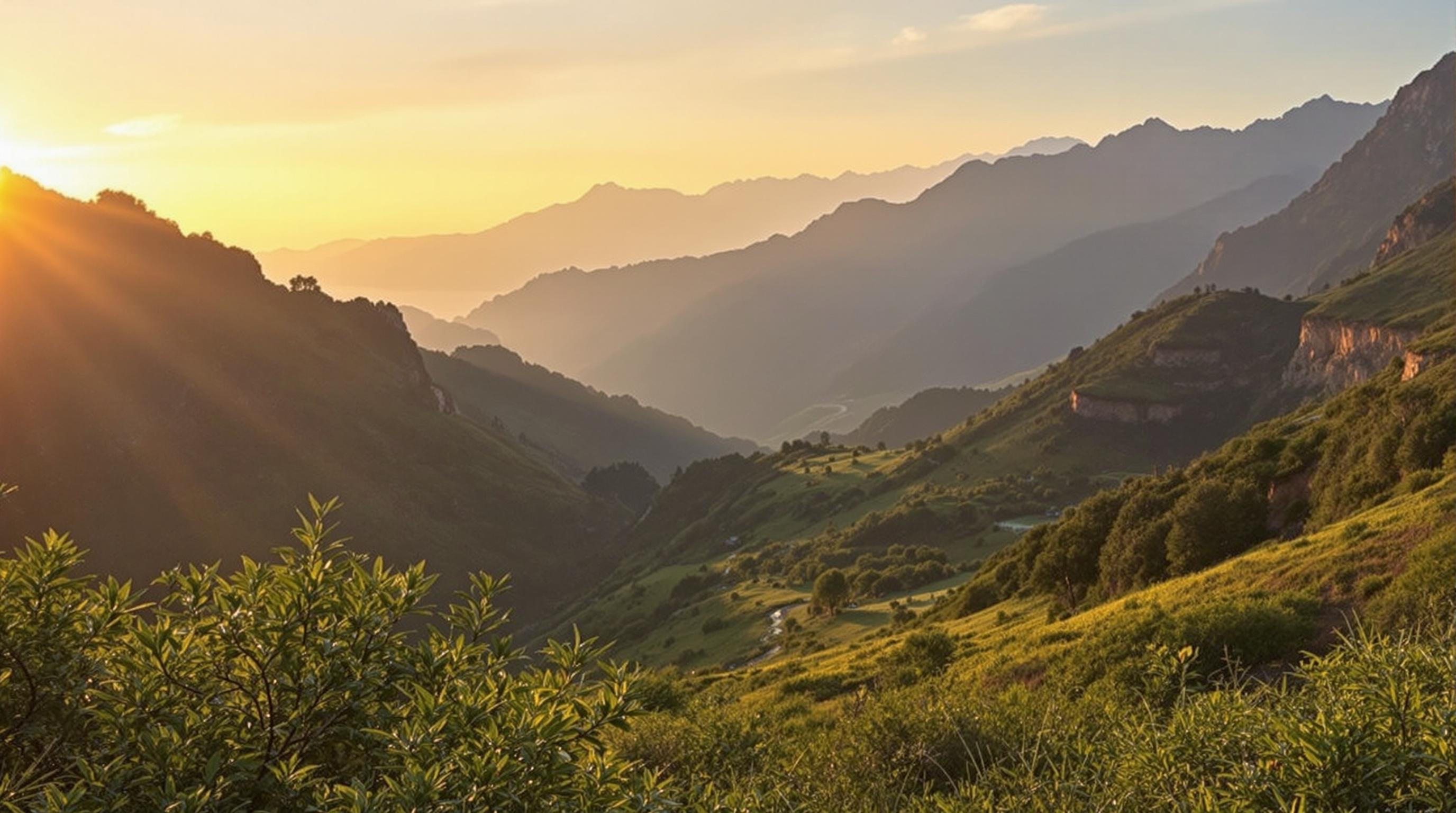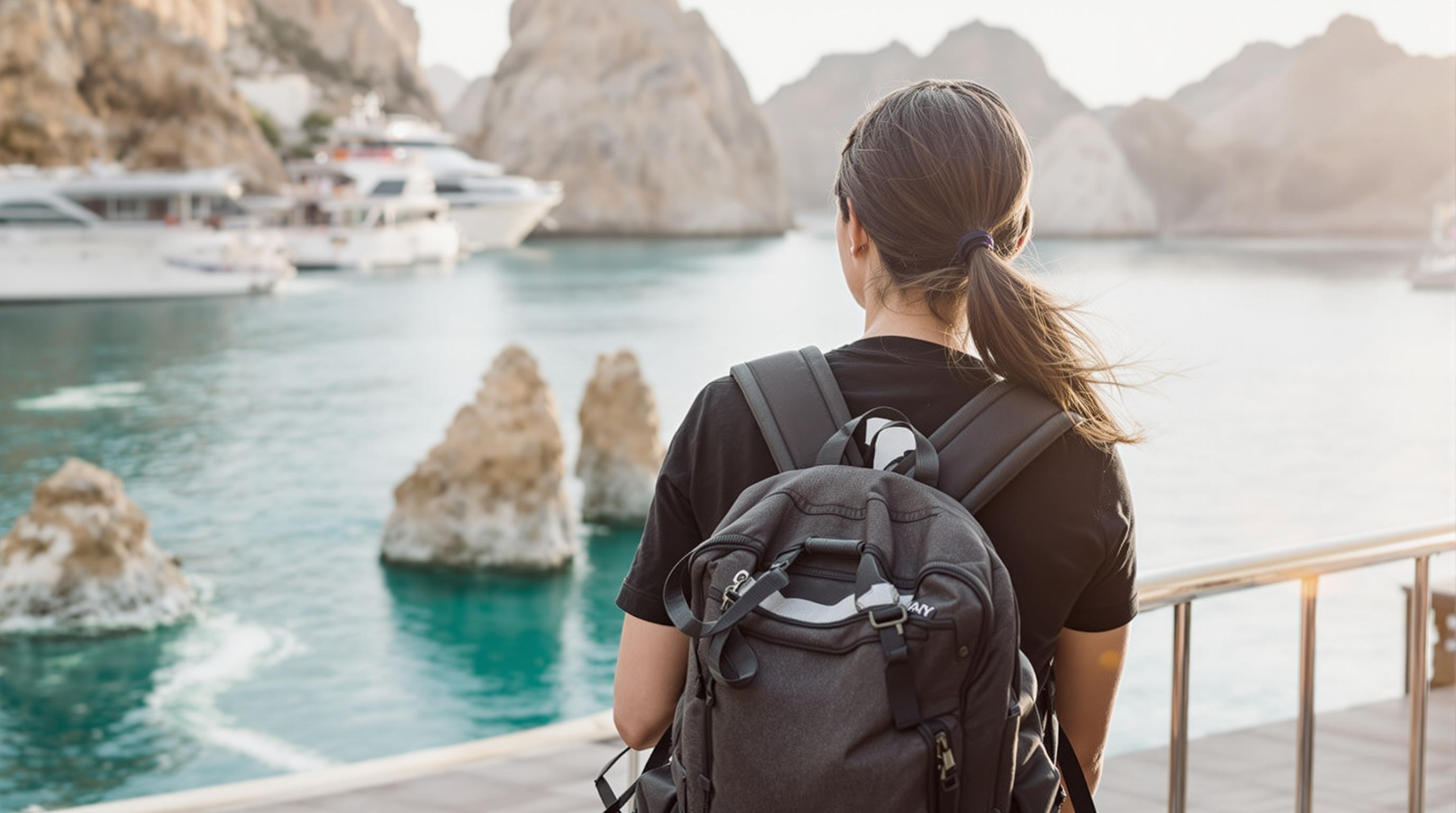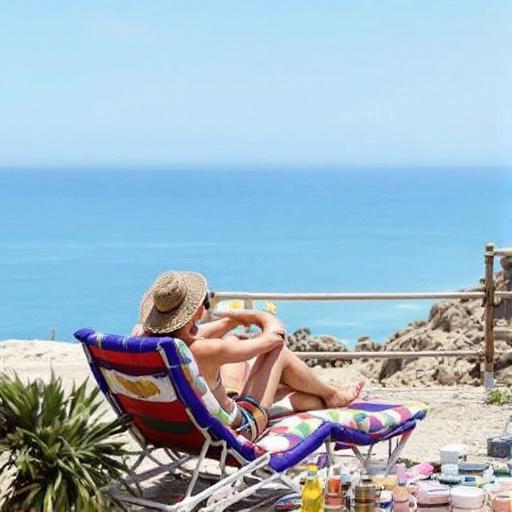Featured Articles
- 12 Innovative Travel Packages Tailored for Remote Workers Seeking Work-Life Balance and New Cultures
- "Exploring Psychedelic Tourism: Travel Packages for the Mind-Expanding Experience Seekers"
- Exploring the Rise of Ethical Travel Packages: Adventures with a Conscience in a Post-Pandemic World
- Top 6 Eco-Friendly Travel Packages Revolutionizing Sustainable Adventures Since 2019
- Unconventional Travel Packages: How Quirky Themes Are Redefining Vacation Experiences
Exploring the Rise of Ethical Travel Packages: Adventures with a Conscience in a Post-Pandemic World
Exploring the Rise of Ethical Travel Packages: Adventures with a Conscience in a Post-Pandemic World
In the aftermath of the pandemic, ethical travel packages are gaining traction, offering adventures that prioritize sustainability and local community support. Travelers are now more conscious of their choices, aiming for experiences that enrich both the destination and their own lives.
The Shift in Travel Paradigms
It's no secret that the pandemic forced us to reassess our priorities, and the travel industry is no exception. A survey by Booking.com revealed that 87% of travelers want to travel sustainably in the coming years. This statistic underscores a monumental shift in how we approach globetrotting. The move toward ethical travel isn’t merely a trend; it’s a new standard driven by an increasing awareness of global and local issues.
The Ripple Effect of Ethical Travel
Imagine waking up in a charming eco-lodge within the Amazon rainforest. You sip ethically-sourced coffee from local plantations while a hummingbird flits past your window. This idyllic morning highlights the first major benefit of ethical travel: it often promotes environmental conservation. When tourists choose to stay in businesses that prioritize sustainability, they contribute directly to the preservation of ecosystems. In fact, the eco-tourism industry has been estimated to be worth over $600 billion globally, and it’s growing—much like the forests we hope to save.
Case Studies: Success Stories
Take, for example, the success of Costa Rica's sustainable tourism model. The country has cleverly positioned itself as a leader in eco-tourism, attracting millions of visitors annually. By offering adventure activities like zip-lining in Monteverde Cloud Forest or bird watching in Tortuguero, Costa Rica has balanced economic benefits with conservation efforts. According to a report published by the Costa Rican Tourism Board, around 30% of the country is protected land, and eco-tourism has created over 50,000 jobs in conservation-friendly roles.
Personal Anecdotes: The Experience of Ethical Travel
Last summer, after lockdown restrictions eased, I embarked on a journey to an indigenous community in the Andes. Traveling with an ethical tour company ensured that 90% of my fees went directly to the local people. The experience was transformative: I learned about their traditional weaving techniques and celebrated their vibrant culture during a community festival. The smiles on their faces and the stories they shared made the trek unforgettable. Plus, I left knowing I had made a positive impact.
Understanding the Core of Ethical Travel
Ethical travel, often synonymous with “responsible tourism,” encompasses a variety of practices that reduce the negative impacts of travel on culture, community, and environment. For instance, a key principle is the support of local businesses. When travelers book direct with local hotels or dine at small mom-and-pop shops, they ensure a greater share of the money spent stays within the community—creating a win-win scenario.
The Age of Conscious Consumption
But ethical travel isn’t just about where you spend your money; it’s also about what you do while you’re there. Many travelers are looking to engage in volunteering opportunities, like coral reef restoration projects in the Maldives or wildlife conservation efforts in South Africa. According to a 2022 study by the Adventure Travel Trade Association, more than 61% of adventure travelers engage in community or conservation projects during their trips. This level of engagement can create deeper connections and richer experiences.
A Little Humor Goes a Long Way
Of course, let's not forget the lighter side of things! Nothing breaks the ice quite like a travel mishap. Picture this: you join an ethical tour aiming to learn about sustainable fishing in Thailand, only to realize you're spectacularly bad at casting a line. You end up catching... nothing! Yet, everyone shares a hearty laugh as the instructor gives you tips on not pulling "that face" every time you miss. Ethical travel isn’t just about the noble causes; it’s about the joy and laughter you share with others. After all, who needs a big fish when you can reel in a memorable story?
The Digital Nomad's Playground
For tech-savvy millennials and Gen Z travelers, ethical travel packages have jumped onto the radar as exciting options for workcations. Packages are tailored to not just explore but also to create a lasting footprint—and not just on Instagram! Think beachfront co-working spaces in Bali that use renewable energy sources or eco-friendly hostels in Lisbon that connect you with local artisans. Companies are marketing these experiences aggressively to cater to the desires of digital nomads, with the rise of remote work accounting for a shift in travel trends post-pandemic.
Challenges in the Ethical Travel Sphere
However, it’s essential to recognize that not all that glitters is gold. The rise of ethical travel packages has prompted various companies to re-brand themselves without genuine commitment to sustainable practices—a phenomenon colloquially referred to as “greenwashing.” The World Wildlife Fund warns travelers to be mindful of businesses that make lofty claims without evidence of their eco-friendly practices. Always do your research: look for certifications and try to interact with locals to gauge the authenticity of the offerings.
Bringing It All Together: The Future of Ethical Travel
As we venture deeper into the post-pandemic world, the future of travel holds great potential for transformational experiences. Imagine journeys that not only fulfill your wanderlust but also contribute to healing our planet and uplifting communities. As ethical travel becomes the norm, empowering tourism boards and ethical businesses will become essential in reshaping our societies, economies, and ecosystems.
Call to Action for Future Travelers
Next time you pack your bags, consider the impact of your decisions beyond travel itineraries. Engaging in ethical travel is a way to explore the world while making choices that yield positive consequences for our planet and for those who inhabit it. Whether it's supporting local artisans, minimizing plastic use, or participating in community programs, every little bit counts. Your vacation can become a journey of purpose—one adventure at a time.
Stories That Inspire
Each traveler has a story waiting to be told, one that highlights the meaningful connections made across oceans and cultures. Whether it is connecting with a local painter in a small town in Italy or gathering with villagers in Ghana to learn traditional drumming, these stories enrich our world. As you step into your next adventure, remember, the most profound experiences often come not from the places we visit but from the people we meet and the bonds created along the way.
As a 29-year-old travel enthusiast, I genuinely believe that now is the perfect time to embrace the ethos of ethical travel. With every journey, we have the chance to play a part in a story larger than ourselves—a narrative of collaboration, preservation, and mutual respect. Let’s transform our wanderlust into a force for good!




